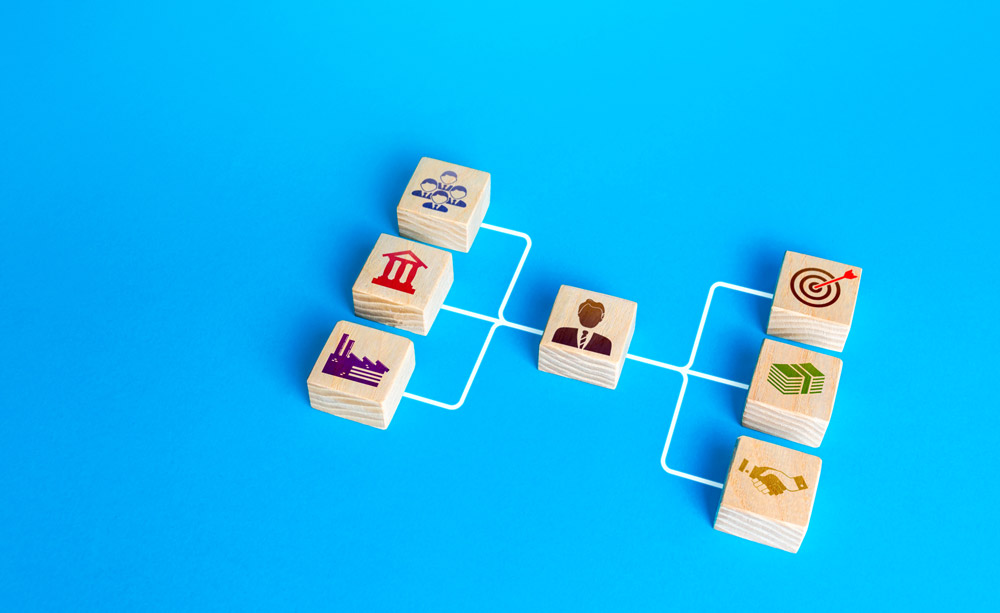As an organizational consultant, I believe organizations are akin to living organisms, with unique personalities, desires, values, and intelligence. An intelligent organization continuously learns, evolves, and adapts, fostering success and survival. Studies show that success isn’t necessarily linked to academic achievements or degrees. Instead, it often stems from high emotional intelligence, street smarts, resilience, adaptability, and quick thinking. Similarly, organizations with high emotional intelligence (OEI) excel in agility, responsiveness, innovation, and forward-thinking, enabling them to thrive and endure in a rapidly changing and dynamic world. OEI comprises a range of acquirable skills crucial across various parameters. An organization that learns to enhance its skills and adopts diverse tool sets and capabilities becomes an intelligent and adaptive entity, looking ahead and afar, always examining its surroundings and, given the need for change, is capable of unified actions of all its components.
Why? Because its employees and managers not only comprehend its vision, goals, and objectives but also actively participate in shaping and defining them, holding a deep emotional commitment to the organization and its workforce, feeling an integral part of it, and truly understanding their critical role in its evolution. In order to foster organizational evolution that enables the organization to change, adapt, improve, and succeed over time, the organization must develop and strengthen its organizational emotional intelligence across all parameters.
The parameters for assessing organizational emotional intelligence include:
- Recruitment and onboarding processes for the organization
- Methods of employee promotion and their personal and professional development
- Employee retention strategies and leveraging their potential for organizational benefit
- Effective corporate communication practices
- Cultivating a strong organizational culture
- Decision-making processes within the organization
- Managing employee departures effectively
- Building and maintaining positive customer relations
- Nurturing both formal and informal leadership within the organization
- Organizational Memory and Learning
etc’.
In conclusion, an emotionally intelligent organization demonstrates excellence across various parameters, striving to continually learn and enhance areas where it faces challenges. By prioritizing continuous improvement, such organizations foster resilience, serving as robust foundations for ongoing change and success. Through a commitment to organizational emotional intelligence, organizations can navigate complexities, evolve, and ultimately thrive in today’s dynamic business landscape.
Organizational evolution at its best!



